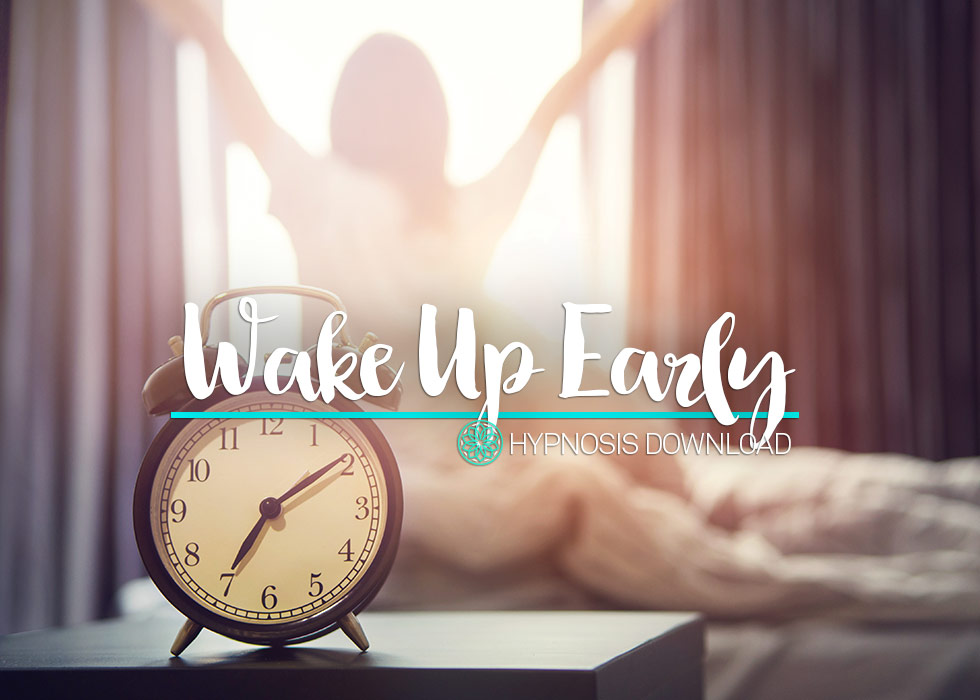
Starting your day early can have a profound impact on your mental health and overall well-being. Waking up before the sun rises and taking advantage of the calm and quiet morning hours can have numerous benefits, from increased energy and focus to reduced stress and anxiety.
Despite these benefits, many people find it challenging to become early risers and stick to a consistent sleep schedule. However, with a few changes to your sleep habits and environment, you can train your body to wake up early and experience the numerous benefits for yourself.
In this article, we will explore the reasons why waking up early can improve your mental health and provide you with practical tips and strategies for making it a habit. Whether you’re a night owl or an early bird, this article will show you how to make the most of your mornings and start each day feeling refreshed, focused, and ready to tackle the challenges ahead.
Key Takeaways:
- Waking up early has numerous benefits for mental health and overall well-being, including increased energy, reduced stress, improved mood, and heightened productivity.
- Making the transition to an early riser can be challenging and requires gradual changes to sleep schedule, a consistent bedtime and wake-up time, and a relaxing bedtime routine.
- Strategies for sticking to the habit include a structured morning routine, finding an accountability partner, rewarding yourself, preparing for the next day the night before, and focusing on the benefits of waking up early.
- Implementing these strategies can increase the chances of successfully making the transition and sticking to the habit, allowing you to enjoy the numerous benefits of being an early riser.
Benefits of Waking Up Early for Mental Health
Starting your day early has numerous benefits for your mental health and well-being. Here are some of the ways that waking up early can improve your mental health:
- Increased Energy and Focus: Waking up early gives you a jumpstart on the day and helps you feel more alert and focused. With a fresh mind and clear thoughts, you can tackle tasks and responsibilities with greater ease and efficiency.
- Reduced Stress and Anxiety: The early morning hours are often calmer and quieter than the rest of the day, providing you with a stress-free environment to start your day. By getting a head start on the day, you can feel more in control and less overwhelmed, reducing stress and anxiety.
- Improved Mood and Motivation: Waking up early has been shown to improve mood and increase motivation. With more energy and focus, you can be more productive and accomplish more in the morning, which can lead to feelings of satisfaction and happiness.
- Better Sleep Patterns: By sticking to a consistent sleep schedule, you can train your body to fall asleep and wake up at the same time every day, leading to improved sleep patterns. A good night’s sleep is crucial for maintaining good mental health, and waking up early can help you get the quality sleep you need to feel refreshed and ready for the day.
How to Make Waking Up Early a Habit
Making the transition from a night owl to an early riser can seem daunting, but with a few changes to your sleep habits and environment, you can train your body to wake up early and stick to a consistent sleep schedule. Here are some tips for making waking up early a habit:
- Gradual Shift in Sleep Schedule: If you’re used to staying up late and sleeping in, making a sudden change to your sleep schedule can be challenging. Instead, try shifting your bedtime and wake-up time by 15-30 minutes each week until you reach your desired wake-up time.
- Set a Consistent Bedtime and Wake-Up Time: Once you’ve made the gradual shift, it’s important to stick to a consistent bedtime and wake-up time, even on weekends. This will help your body get into a routine and make waking up early feel more natural.
- Implement a Relaxing Bedtime Routine: Establishing a relaxing bedtime routine can help signal to your body that it’s time to wind down and prepare for sleep. This can include activities such as reading a book, taking a bath, or meditating.
- Minimize Exposure to Screens Before Bedtime: Exposure to the blue light emitted by screens can disrupt your body’s circadian rhythm and make it harder to fall asleep. To avoid this, try to avoid screens for at least an hour before bedtime.
- Make Changes to Your Sleep Environment: Creating a sleep-friendly environment can help you fall asleep faster and wake up feeling refreshed. This can include making your bedroom cool and dark, using earplugs or a white noise machine to block out noise, and investing in a comfortable mattress and pillows.
By implementing these strategies, you can train your body to wake up early and make it a habit. Remember to be patient and persistent, as it can take time for your body to adjust to a new sleep schedule. But once you get into the rhythm of waking up early, you’ll start to see the benefits for yourself.
Strategies for Sticking to Your New Early Riser Habit
Making the transition to an early riser is just the first step, sticking to your new habit is where the real challenge lies. Here are some strategies for sticking to your new early riser habit:
- Make a Morning Routine: Having a structured morning routine can help make waking up early feel more worthwhile and motivate you to stick to your new habit. This can include activities such as exercise, meditation, or personal development.
- Find an Accountability Partner: Having someone who is also trying to become an early riser can be a great source of motivation and accountability. You can check in with each other, encourage each other, and hold each other accountable for sticking to your new habit.
- Reward Yourself: Setting goals and rewarding yourself when you achieve them can be a great motivator. This can include small rewards, such as a cup of coffee or a special breakfast, or larger rewards, such as a day trip or a new item of clothing.
- Prepare for the Next Day the Night Before: Taking time to plan and prepare for the next day the night before can help make the morning easier and less stressful. This can include laying out your clothes, packing your bag, and preparing breakfast or lunch.
- Focus on the Benefits: Reminding yourself of the benefits of waking up early can help keep you motivated and on track. This can include increased energy, reduced stress, and improved mood, among others.
By implementing these strategies, you can increase your chances of sticking to your new early riser habit. Remember, change takes time and effort, but with persistence and determination, you can become an early riser and experience the numerous benefits for yourself.
Conclusion
Waking up early can have a significant impact on your mental health and overall well-being. From increased energy and reduced stress, to improved mood and heightened productivity, there are many benefits to embracing an early rising lifestyle. However, making the transition from a night owl to an early riser can be challenging, and sticking to the habit can require effort and persistence.
The key to successfully waking up early and reaping the benefits is to make gradual changes to your sleep schedule, establish a consistent bedtime and wake-up time, and create a relaxing bedtime routine. Minimizing exposure to screens before bedtime and creating a sleep-friendly environment can also help improve the quality of your sleep.
In order to stick to your new habit, it’s important to have a structured morning routine, find an accountability partner, reward yourself, prepare for the next day the night before, and focus on the benefits of waking up early. By implementing these strategies, you can increase your chances of success and enjoy the numerous benefits of being an early riser.
In conclusion, waking up early can have a positive impact on your mental health, but making the transition and sticking to the habit takes time, effort, and persistence. However, by following the tips outlined in this article, you can make waking up early a regular part of your routine and enjoy the numerous benefits for yourself
Try out our “Wake up Early” Self-Hyponosis audio download.
Further Reading
- The National Sleep Foundation – Sleep, Diet and Exercise
https://www.sleepfoundation.org/sleep-diet-exercise - Harvard Health Publishing – The connection between diet and sleep
https://www.health.harvard.edu/blog/the-connection-between-diet-and-sleep-202101117052 - The American Psychological Association – Mindfulness Practices for Better Sleep
https://www.apa.org/news/press/releases/2021/03/mindfulness-practices - American Council on Exercise – The Benefits of Exercise for Sleep
https://www.acefitness.org/education-and-resources/lifestyle/blog/6983/the-benefits-of-exercise-for-sleep - The National Institute of Mental Health – Stress Management Techniques
https://www.nimh.nih.gov/health/topics/stress/index.shtml

